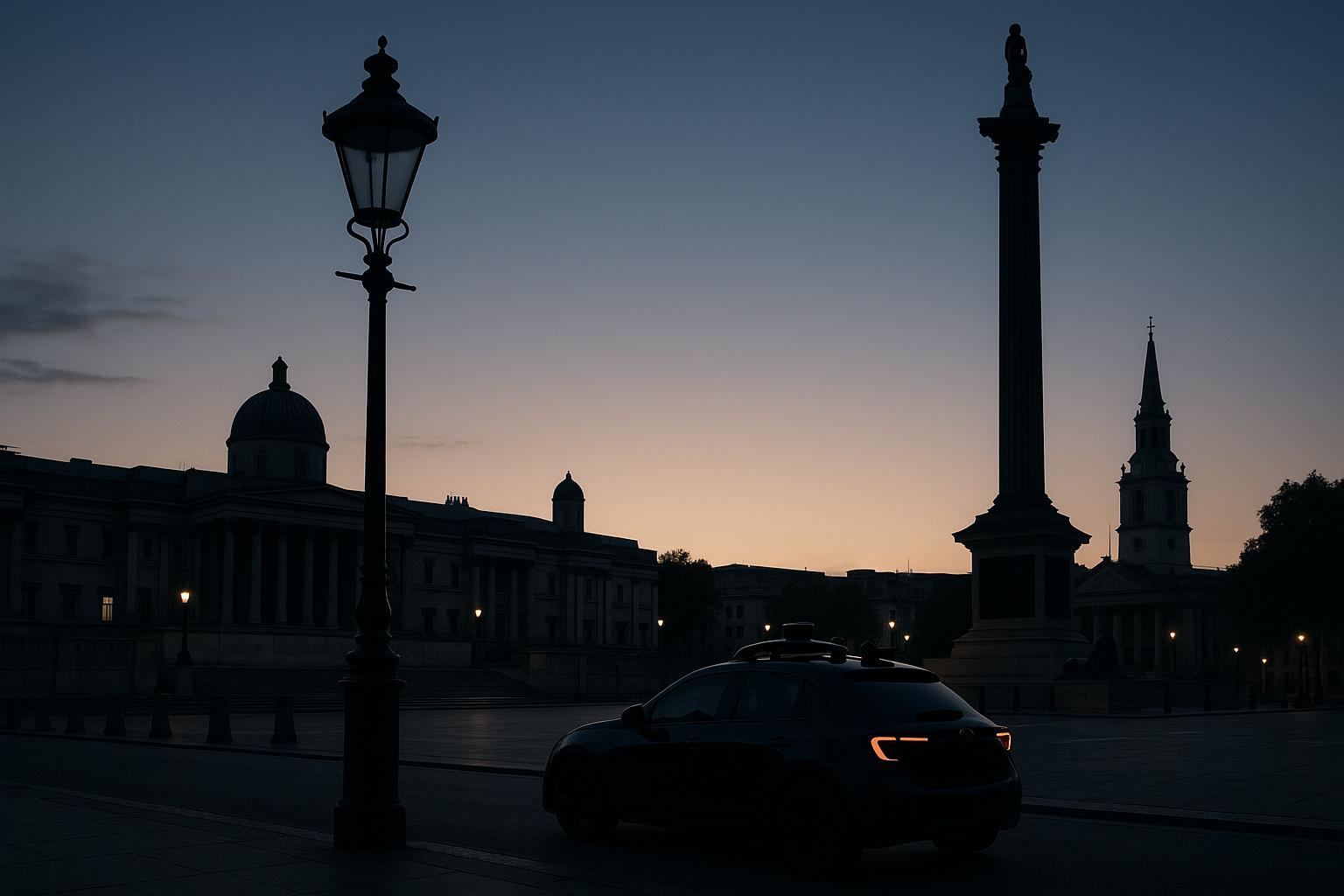Autonomous driving firm Waymo has announced plans to launch its fully driverless ride-hailing service in London in 2026, marking the company’s first international expansion beyond the United States. The move represents a significant step for the Alphabet subsidiary, which has so far provided millions of paid rides across several U.S. cities. The rollout in London will be Waymo’s first fully driverless taxi operation outside North America, and it aims to become an integral part of London’s diverse transport ecosystem.
Waymo will embark on preparations in the coming months, collaborating closely with the vehicle fleet operations partner Moove, which already manages its fleet in Phoenix, to oversee fleet operations and charging infrastructure in London. The firm plans to begin testing its autonomous cars on London streets with safety drivers behind the wheel in the near term. This is part of the process to meet stringent regulatory requirements set by the UK government and Transport for London, the city’s taxi regulatory body. Full driverless operations will only commence once all the necessary approvals have been secured. The company is also expected to take part in a government-backed pilot programme aimed at small-scale autonomous taxi and bus services slated for spring 2026.
The UK has introduced new legislation mandating that self-driving vehicles demonstrate safety levels comparable to skilled human drivers, alongside rigorous testing protocols. These rules, expected to be fully implemented by 2027, reflect the government’s cautious but forward-looking approach towards autonomous mobility. Waymo’s plans align with these regulations, and the company is actively working with local and national authorities as part of its launch strategy.
Waymo’s autonomous vehicles, which are based on the all-electric Jaguar I-PACE developed in partnership with Jaguar Land Rover, have already logged over 100 million fully autonomous miles in the U.S. The firm reports significant safety advantages, claiming its vehicles have been involved in five times fewer injury crashes and twelve times fewer pedestrian incidents compared to human-driven cars. These safety metrics underpin the company’s mission to contribute positively to London’s Vision Zero target, which aims to eliminate road deaths and serious injuries.
The UK Transport Secretary, Heidi Alexander, welcomed the announcement as a cutting-edge investment that supports job creation, improves road safety, and enhances transport accessibility. Waymo also highlights that its technology could improve mobility for underserved communities and provide greater independence to people with disabilities, reinforcing the social benefits of autonomous transportation.
This expansion to London is Waymo’s second international effort following a partnership initiated in Japan earlier this year, although that venture has yet to launch commercially. Industry observers note that Waymo currently operates a significant autonomous fleet in U.S. cities including Phoenix, San Francisco, Los Angeles, Atlanta, and Austin, providing over 250,000 paid rides weekly.
In summary, Waymo’s planned London launch marks a milestone in the global autonomous vehicle landscape, subject to regulatory approvals and rigorous safety verification. The integration of driverless taxis into a complex urban environment like London represents both a technological challenge and a potential paradigm shift in public transport.
📌 Reference Map:
- Paragraph 1 – [1], [3], [5]
- Paragraph 2 – [1], [3], [5], [6]
- Paragraph 3 – [2], [4]
- Paragraph 4 – [1], [3]
- Paragraph 5 – [1], [2], [4]
- Paragraph 6 – [1], [2], [3]
- Paragraph 7 – [2], [3], [5]
Source: Noah Wire Services
